Nikola Corporation, a manufacturer of heavy-duty battery and fuel cell electric vehicles, has opened the first in what will become a network of hydrogen refueling stations in Southern California.
The station, located in Ontario, Calif. is part of Nikola’s HYLA brand and can fuel up to 40 of the company’s hydrogen fuel cell electric Class 8 trucks every day. Nikola is aiming to build a network of up to 60 such hydrogen fueling stations over the next few years, and plans to have nine up and running by the end of the second quarter of this year.
While the Ontario station is part of a private network at this point in time, the company is designing the HYLA stations to accommodate all 700-bar Class 8 OEM trucks, Ole Hoefelmann, Nikola’s president of energy, told pv magazine USA.
The process of launching this first refueling station has also provided the company with lessons learned, according to Hoefelmann. For instance, “it is beneficial to bring city government officials like city planners and fire departments to the project discussion as early as possible. They are great partners and most interested in bringing low emissions solutions to their communities,” he said.
The Arizona-headquartered company began serial production of its hydrogen fuel cell electric truck last summer and has also seen some regulatory support, receiving a collective $58.2 million from regulatory agencies last year to build out its network of heavy-duty truck hydrogen refueling stations. The largest of these was a $41.9 million grant from the California Transportation Commission and California Department of Transportation, aimed at constructing six hydrogen refueling stations in Southern California. Also last summer, the company announced a voluntary recall of more than 200 Class 8 Tre battery-electric vehicles, following a fire that affected multiple trucks at its headquarters in Phoenix.
Now, Nikola is focused on securing a robust supply chain and refueling infrastructure for hydrogen, which it sees as important to bringing more hydrogen fuel cell electric trucks onto the roads. The company expects that once it has completed bringing nine refueling stations online in the next few months, it will have one of the largest heavy-duty hydrogen refueling networks in the world.
As of 2023, the U.S. had 59 retail hydrogen refueling stations, mostly in California, but few were equipped to cater to heavy-duty vehicles. But the U.S. is currently leading the development of new technologies and protocols to fulfill the heavy-duty transportation requirements, Hoefelmann said, adding that in the coming months, the company expects to see some of those innovative solutions on the field.
Other companies are also taking a closer look at hydrogen refueling capacity. In 2022, Daimler Truck North America, NextEra Energy Resources and BlackRock Renewable Power entered a memorandum of understanding, with a $650 million initial investment, that included looking at building out charging infrastructure for medium- and heavy-duty battery electric and hydrogen fuel cell vehicles.
However, one challenge companies in the space continue to face regards permitting processes, and obstacles like extensive waiting times or unclear process streamlines continue to discourage the infrastructure developers, Hoefelmann added.
California lawmakers have provided one good example on how to deal with that: Senate Bill 1291, passed in 2022, requires all California cities and counties to develop and expedite, streamlined permitting processes for hydrogen fueling stations, Hoefelmann said.
This content is protected by copyright and may not be reused. If you want to cooperate with us and would like to reuse some of our content, please contact: editors@pv-magazine.com.


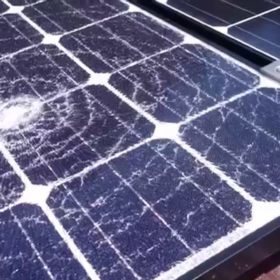
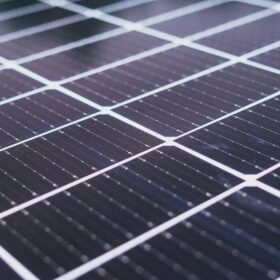
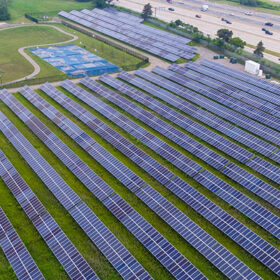
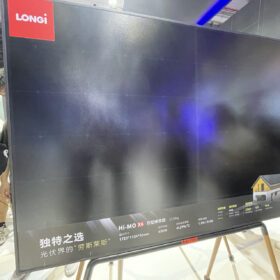
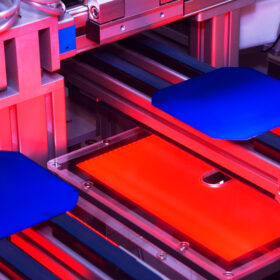
By submitting this form you agree to pv magazine using your data for the purposes of publishing your comment.
Your personal data will only be disclosed or otherwise transmitted to third parties for the purposes of spam filtering or if this is necessary for technical maintenance of the website. Any other transfer to third parties will not take place unless this is justified on the basis of applicable data protection regulations or if pv magazine is legally obliged to do so.
You may revoke this consent at any time with effect for the future, in which case your personal data will be deleted immediately. Otherwise, your data will be deleted if pv magazine has processed your request or the purpose of data storage is fulfilled.
Further information on data privacy can be found in our Data Protection Policy.